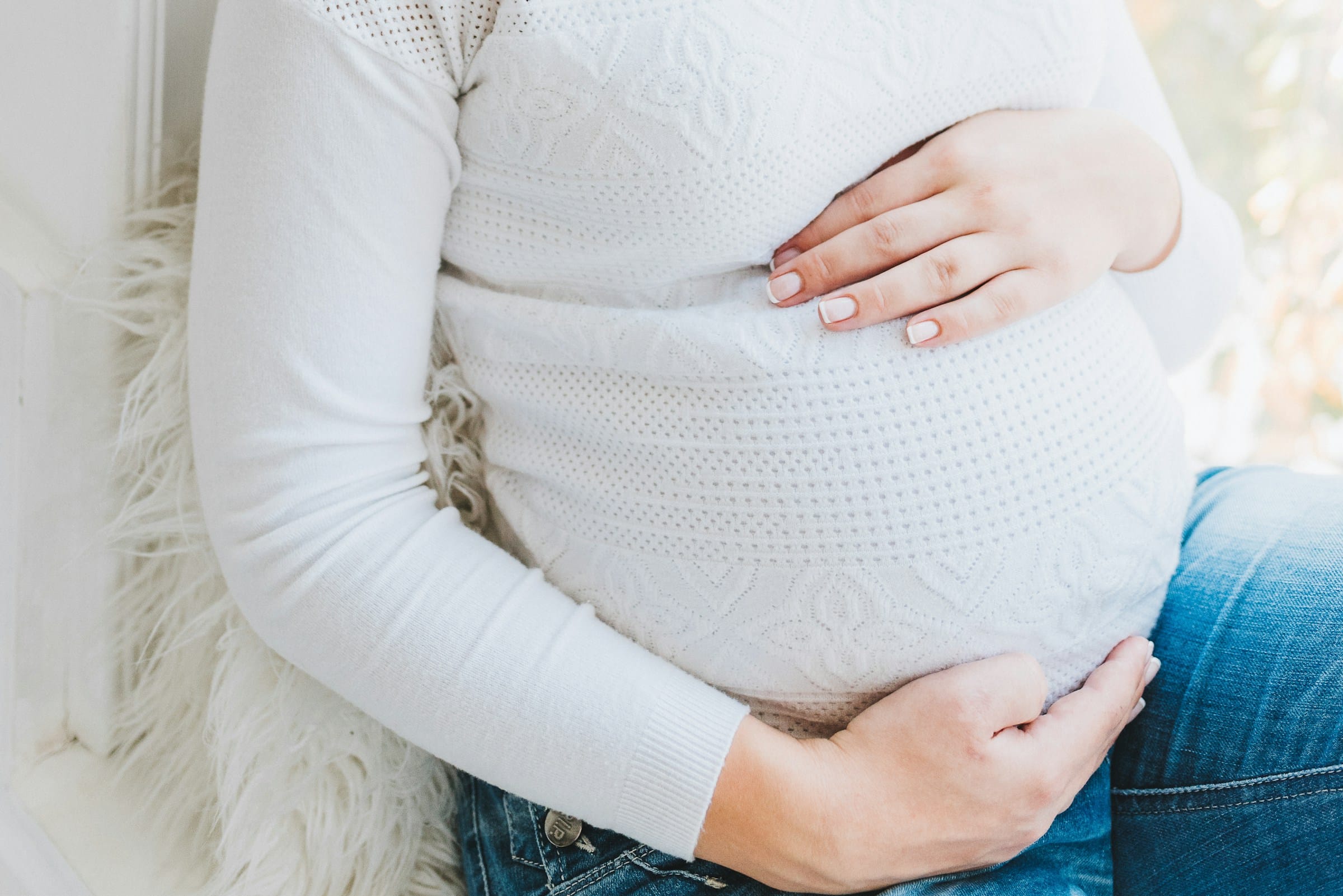How Can UK Expectant Mothers Evaluate the Safety of Baby Products on the Market?

In the world of maternal care, expectant mothers face a myriad of choices when it comes to selecting the safest and most suitable products for their unborn babies. From maternity clothes to baby monitors, infant car seats to prams, the range is vast and often overwhelming. It's no wonder that navigating this sea of products can be a daunting task, especially when the health and safety of your baby is at stake. But don't worry, we're here to help you make informed decisions. This article aims to guide you on how to evaluate the safety of baby products on the market in the UK.
Understanding Safety Standards
Indeed, safety is paramount when choosing baby products. All baby products sold in the UK must meet specific safety standards. These standards are determined by various organisations, including the British Standards Institution (BSI), the European Committee for Standardization (CEN), and the International Organization for Standardization (ISO).
A lire également : How Should UK Women Plan Their Prenatal Care When Expecting Twins?
Typically, these bodies conduct rigorous testing to evaluate the safety, reliability, and functionality of products before they can be sold on the market. To ensure that a product is safe to use, look for the certification mark from these bodies on the product or its packaging. Sometimes, products also carry the European CE marking, indicating that they comply with the relevant EU legislation for product safety.
Analysing Product Reviews
Product reviews can be a gold mine of information for expectant mothers. They often provide real-life experiences of other parents, which can give you an idea of the product's quality, reliability, and safety. However, it's essential to take these reviews with a grain of salt. Some reviewers might have been influenced by freebies or discounts from the manufacturer, which could skew their opinion of the product.
A lire en complément : How Can UK Pregnant Women Effectively Address and Prevent Iron Deficiency?
There are several reputable websites where you can read reliable product reviews, like Which?, MadeForMums, and Mother & Baby. Don't just focus on the star rating; make sure to read through the reviews to understand the common issues or complaints about the product.
Knowing What to Avoid
Recent studies have highlighted some baby products that have an increased risk of injury or even death. For instance, according to data from the US Consumer Product Safety Commission, inclined sleepers and some types of crib bumpers have been linked to multiple infant deaths.
In the UK, the Royal Society for the Prevention of Accidents (RoSPA) has also issued warnings about certain products, such as cot bumpers, baby walkers, and unpasteurised milk for making homemade infant formula. So, it's crucial to stay informed about the latest safety warnings and recalls. Check the RoSPA website regularly and sign up for email alerts from the Chartered Trading Standards Institute to keep abreast of any product recalls or safety warnings.
Consulting Healthcare Professionals
Healthcare professionals can provide valuable advice on baby products. They have extensive knowledge and practical experience in their field, making them a reliable source of information. Your midwife, obstetrician, or health visitor can guide you on the types of products that are safe for your baby and those you should avoid.
Clinical guidelines also recommend breastfeeding as the best form of nutrition for babies, and using a breast pump can help support this process. However, not all breast pumps are created equal. Some can cause discomfort or allow bacteria to grow if not properly cleaned. Therefore, consult your healthcare provider or a lactation consultant about the best breast pumps and how to use and clean them safely.
Reading the Instructions
Before using any baby product, always read the instructions carefully. Manufacturers are required to provide clear instructions on how to assemble and use their products safely. These instructions should also tell you how to clean the product and any safety precautions to follow.
Ignoring the instructions can put your baby at risk. For instance, failing to install a car seat correctly can lead to serious injury in the event of an accident. Similarly, not cleaning a feeding bottle properly can cause bacterial growth, leading to infections.
In conclusion, evaluating the safety of baby products involves understanding safety standards, reading and analysing product reviews, knowing what products to avoid, consulting healthcare professionals, and reading the product instructions thoroughly. While this may seem like a lot to tackle, remember that it's all part of the journey of ensuring the safety of your little one. It's a task that every expectant mother has to undertake, but it's one that comes with the joy of preparing for your baby's arrival.
Increased Risk and Product Recalls
The safety of your unborn baby is of utmost importance, especially to expectant mothers. As such, understanding the increased risk associated with certain baby products becomes crucial. In particular, the UK market has experienced a number of product recalls over the years, often due to safety concerns.
Product recalls are typically the result of a defect in a product that poses a risk to the safety of the consumer. It is the manufacturer's responsibility to remove these products from the market and notify the public of the recall. Regulations set by the UK government require that all retailers, both online and offline, stop selling the product immediately and coordinate with the manufacturer to ensure all customers are informed.
The Chartered Trading Standards Institute frequently updates its list of recalled baby products. This list can be a valuable resource for pregnant women, helping them avoid potentially dangerous items. With the advent of technology, many websites offer alerts and notifications for product recalls. Signing up for these alerts can help expectant mothers mitigate risks associated with dangerous baby products.
Moreover, a product recall does not necessarily mean that all units of a product are hazardous. Oftentimes, only a specific batch or version of a product is affected. Therefore, it’s essential to check the details of the recall, like the product’s model number and manufacturing date, which are usually printed on the product or its packaging.
Mental Health and Baby Product Shopping
While shopping for baby products can be an exciting part of preparing for your new arrival, it can also be overwhelming and stressful for some expectant mothers. This can lead to anxiety and other mental health issues if not properly managed. Health professionals attest that excessive worry about baby product safety can negatively impact mental health and pregnancy outcomes.
Pregnant women need to remember that while safety is paramount, not every decision has to be stressful or fraught with worry. It's essential to take the time to research and make informed choices, but it's equally crucial to enjoy the process.
Seeking advice from health care professionals, friends, and family who have gone through a similar experience can help alleviate the anxiety associated with choosing baby products. Also, remind yourself that manufacturers and regulatory bodies have rigorous safety processes in place to protect your baby.
Moreover, if baby product shopping is causing significant stress or anxiety, it may be helpful to discuss these feelings with a mental health professional. They can provide techniques and strategies to manage these concerns and help expectant mothers navigate through this crucial stage.
Conclusion
To wrap up, expectant mothers in the UK can make informed decisions about baby products by understanding safety standards, reading and analyzing product reviews, knowing which products to avoid, consulting healthcare professionals, reading the product instructions thoroughly, understanding product recalls, and managing associated mental health concerns.
It's crucial to remember that while there's a lot to think about when expecting a baby, you are not alone. Don't hesitate to seek advice and support from health care professionals, friends, and family. Remember, the goal is not just to ensure your baby's safety but also to enjoy the journey of motherhood. After all, every step taken, from assessing safety standards to reviewing clinical trials, is a testament of love to the wonderful life growing within you.
